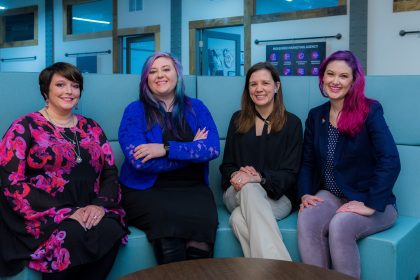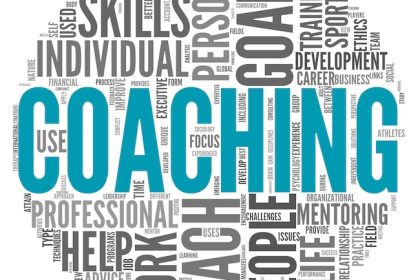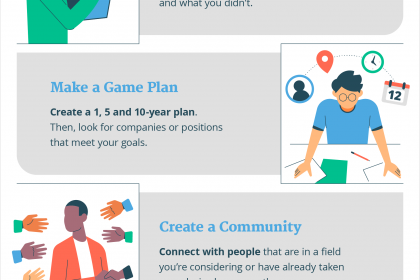 What if someone wants to be the coach and they have no training?
What if someone wants to be the coach and they have no training?
Hundreds of years ago if someone wanted to be a doctor they started doctoring. In more recent history if someone wanted to be a therapist they simply started providing therapy. Even more recently HR and training professionals entered the field with little to no training. The same applies for attorneys and financial planners. Which of these professionals are you willing to hire now without them being trained? What is different about coaching that this is a question? The bottom line answer is that coaching is still new enough as a profession that people are unaware that it is a skilled profession that calls for training.
Foundational Information:
- Coaching is different than mentoring, managing, training, HR, consulting, and mental health.
- Coaching is a skilled profession with training a standards, Core Competencies, and ethics.
- Coaching is self-regulated by the International Coaching Federation.
Questions:
- What are the pros and cons of an untrained coach?
- What are the risks with an untrained coach? (For the coach, the client, and the sponsor?)
- What are the benefits of a trained coach?
- What are the training options?
- What are the reasons external training is a best practice for internal coaches?
- What approval of training programs matters?
- What are the considerations when selecting a training program?
A coaching culture and a coaching approach are helpful tools in all interactions. For a formal coaching relationship it makes sense to engage a trained coaching professional.





